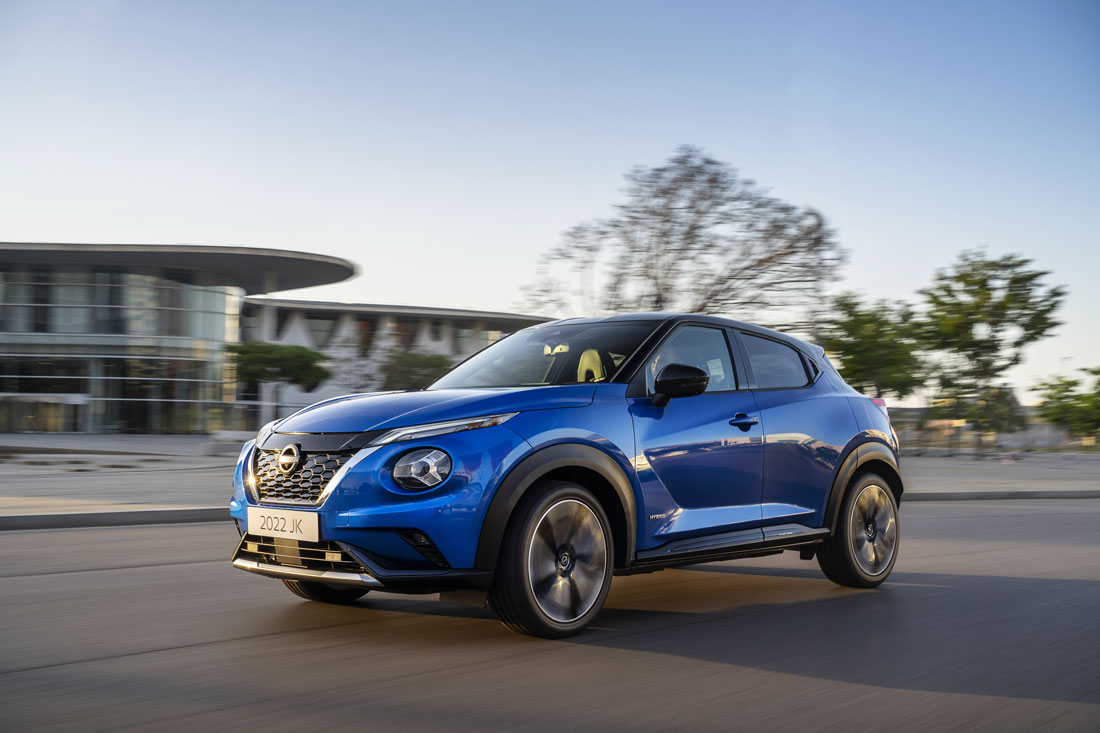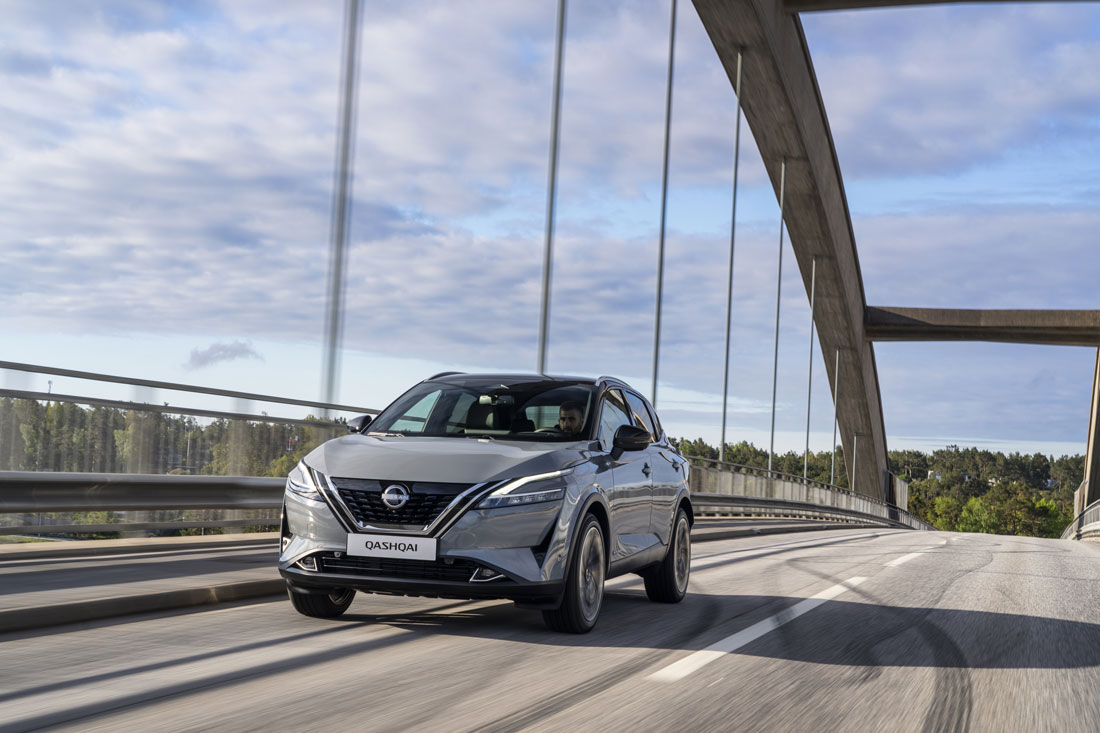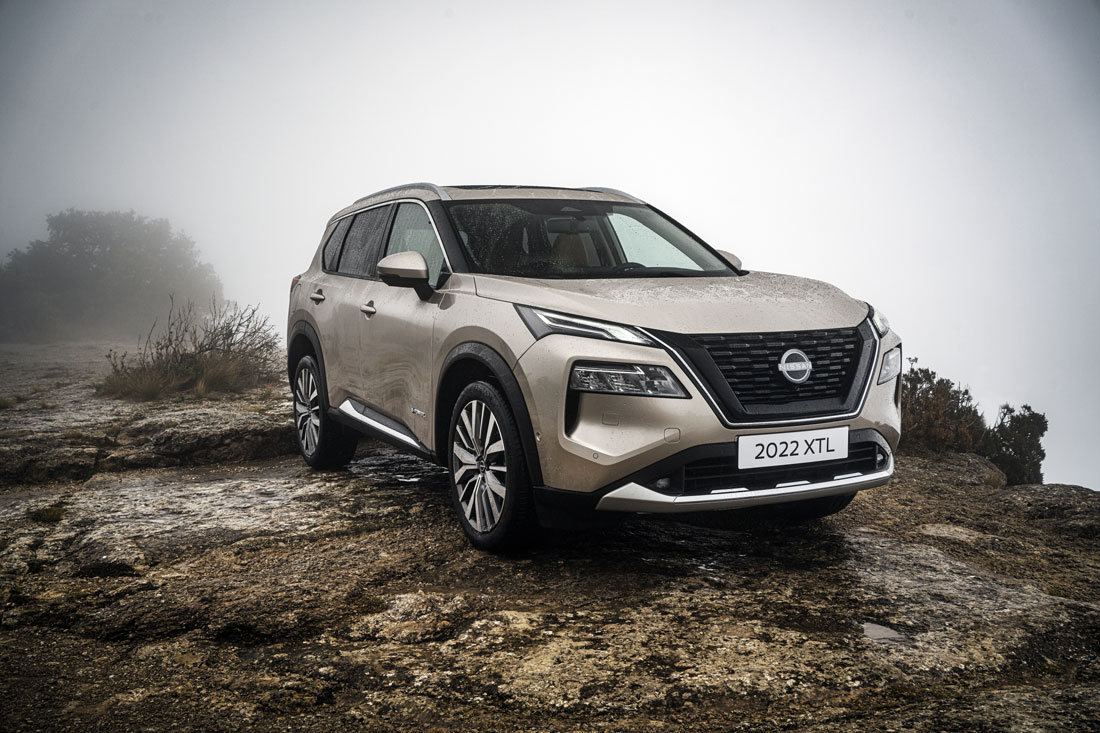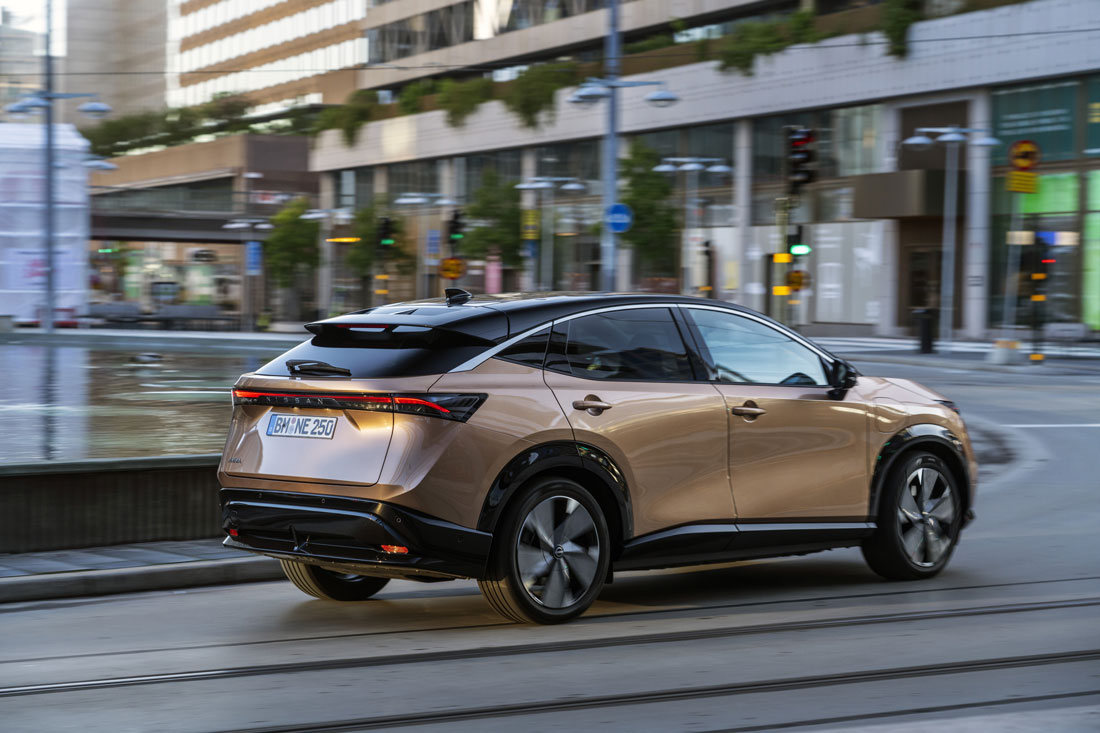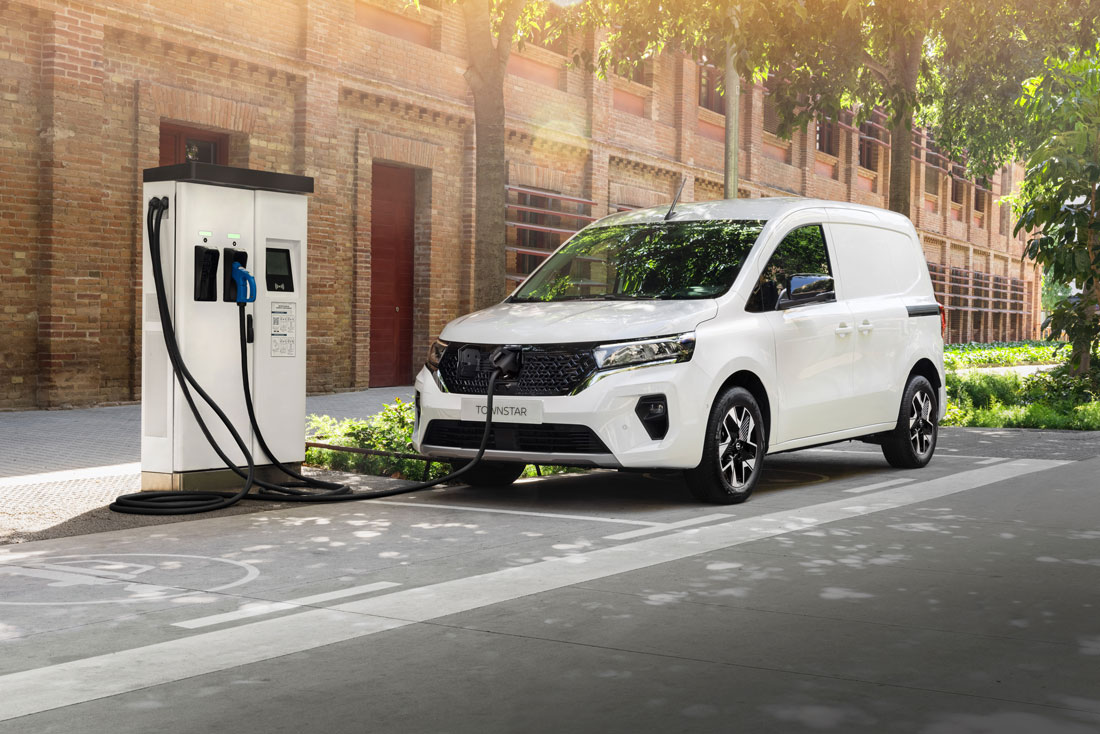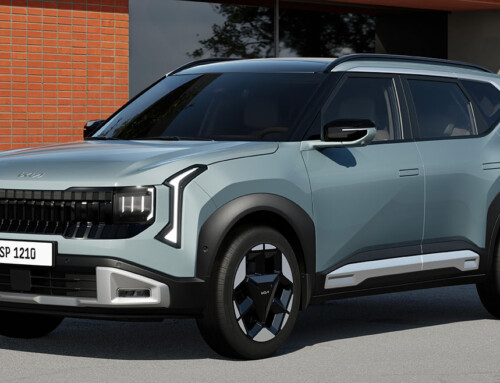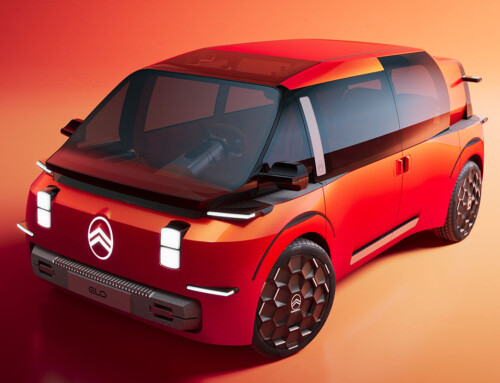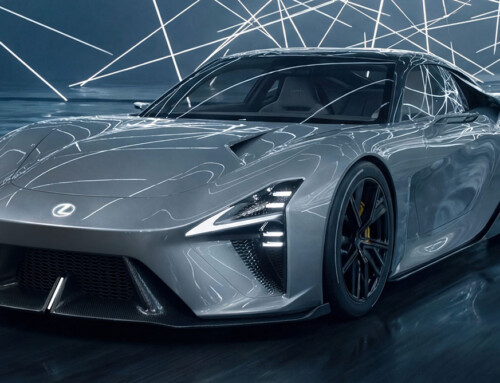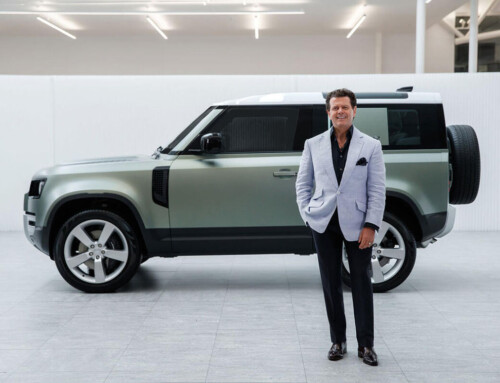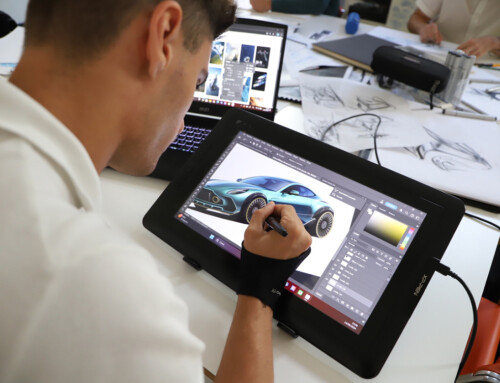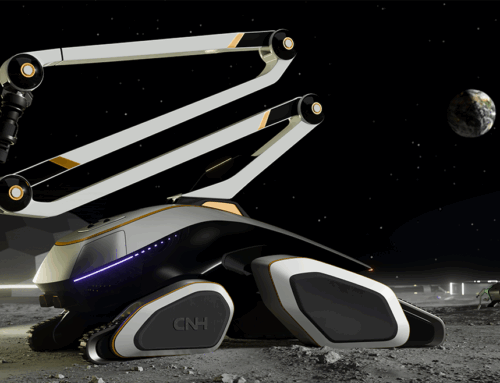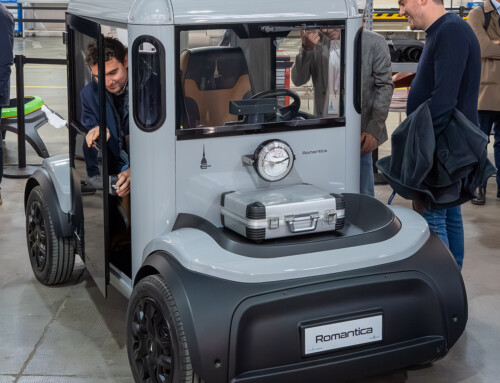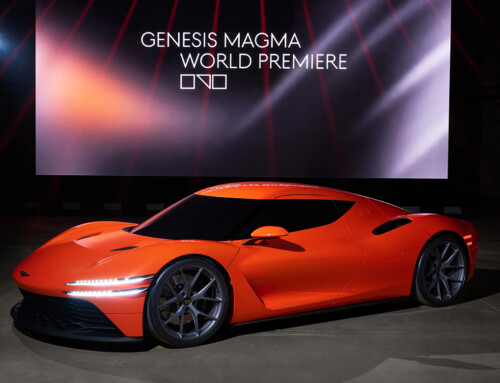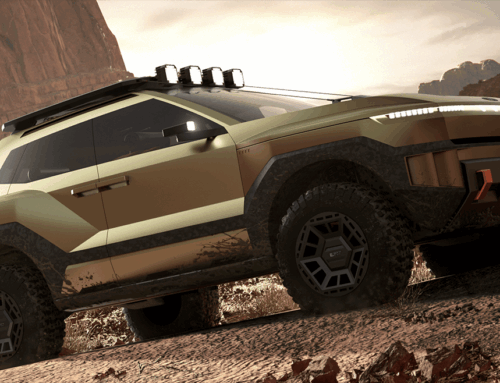Nissan is facing an epochal turning point. It is announcing it with the slogan “Tomorrow begins today”. In fact, the Japanese manufacturer looks at the future with an increasingly electrified range which, in 2022 alone, saw the market debut of many models: the hybrid Juke, the Qashqai and X-Trail e-Power and the Nissan Ariya, a new generation all-electric crossover.
In this phase of transition towards the mobility of tomorrow, Nissan is convinced that design plays a primary role: it is precisely through design that the values of a brand are visually transmitted. In this case, the forward-looking desire is projected forward with cars which, thanks to their external appearance, also communicate the purpose for which they were built.
Thus, Juke conveys an unconventional character at first glance. Qashqai, on the other hand, is more spacious and practical, but always modern and dynamic, while X-Trail, a model that more than others has undergone a transformation in the transition from the third to the fourth generation, has sculpted lines that denote a propensity for adventure, off-road and leisure. Finally, the Ariya affirms its electric nature with a closed grille, enveloping shapes, handles flush with the bodywork and surfaces that seem to have been sculpted by the wind; a reminder of the importance of aerodynamic efficiency for a battery-powered car.
As much as each Nissan model has its own personality, there is a sense of brand affiliation, with returning elements, such as the trapezoidal grille, the sleek side windows or the dark finish details (including the contrasting roof), which create brand affinity. A brand that increasingly wants to emphasize its geographical origin, embodying the values of reliability, modernity and rationality typical of Japanese automotive production, and its willingness to contribute to the fight against climate change, even with commercial vehicles like the new completely zero-emissions Townstar EV.

